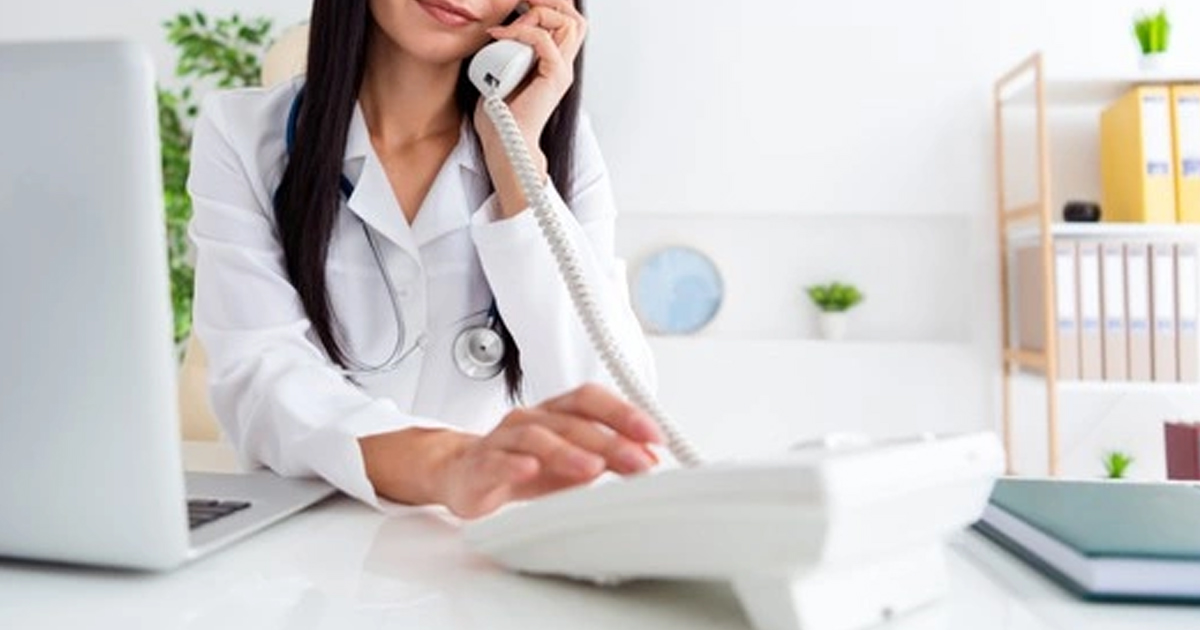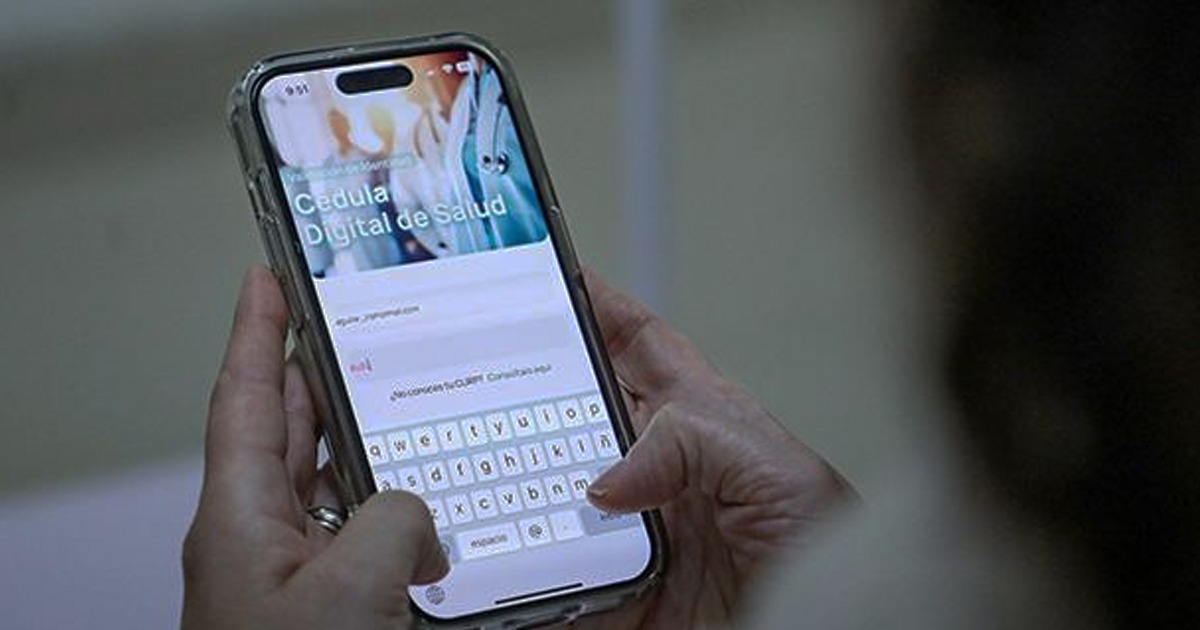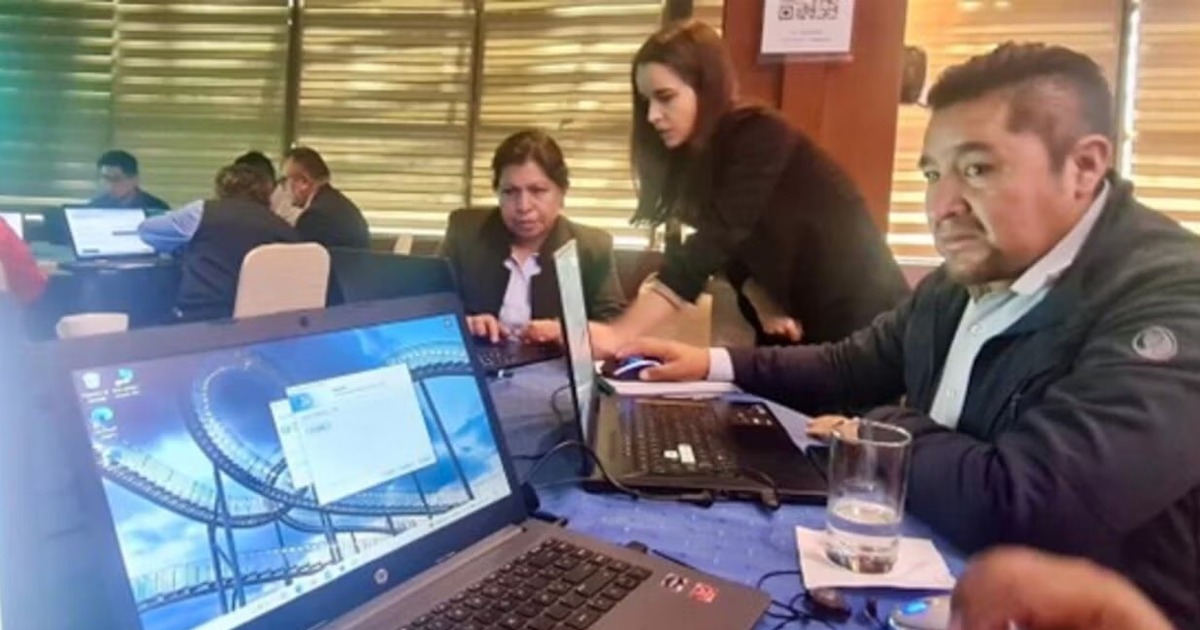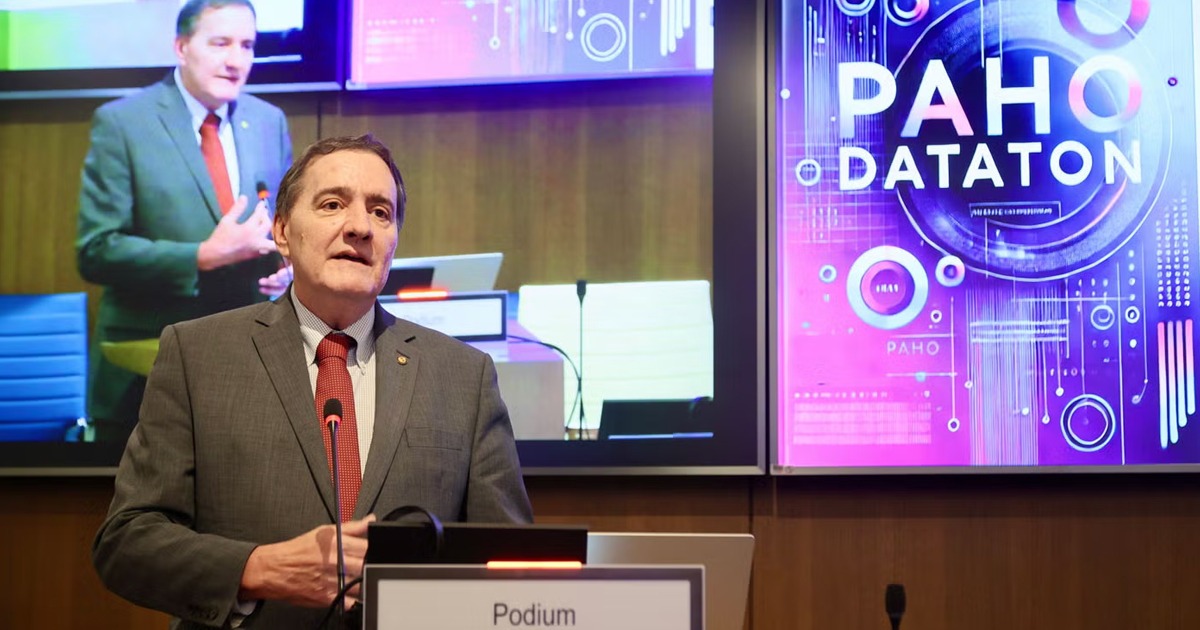The Ministry of Health (Minsa) provides telemedicine services by telephone through line 113 and through the web platform Teleattending.
The Infosalud Directorate of the Minsa reported that so far this year, they have provided more than 500,000 telemedicine services via telephone and web platforms to patients throughout the country.
Edith Pariona Valer, director of Infosalud, explained that during the pandemic it has been important for users to receive free and immediate medical guidance, in addition to reducing displacement and the risk of exposure to COVID-19 contagion.
Through the HAKU strategy, which includes telemedicine services through line 113 and the online platform, Teleatente, they have managed to provide more than 500,000 services. From January to September, 290,832 calls on health issues to line 113 have been answered, and on the other hand, in the same period, Teleattending has made 230,527 calls.
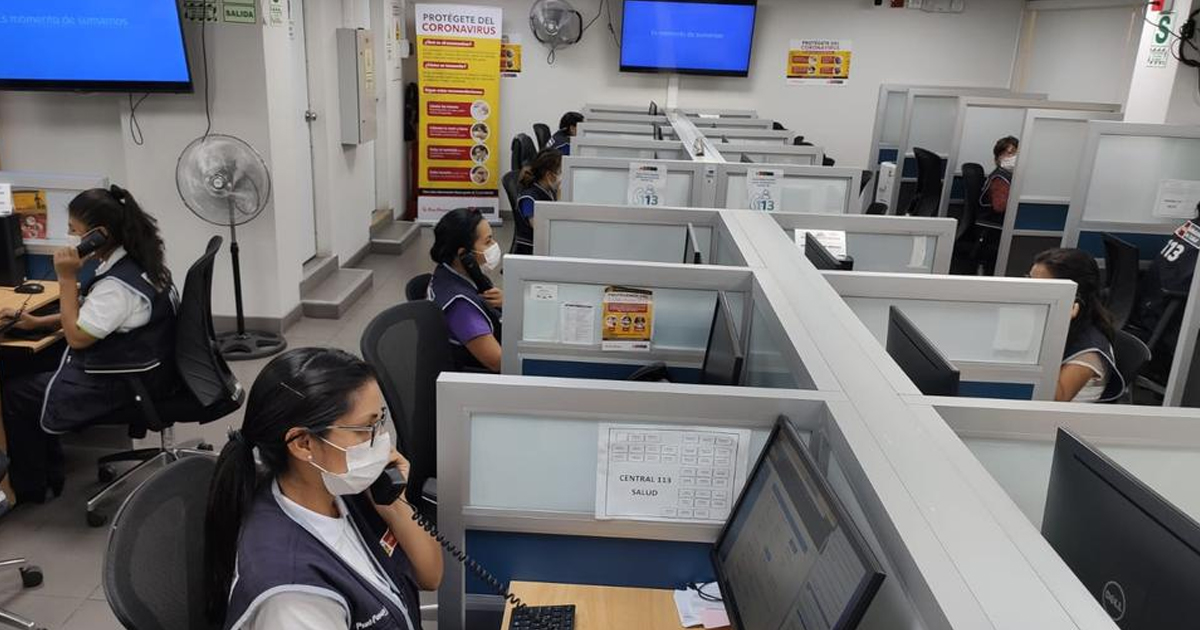
“To date, Haku has nearly 600 health professionals from various specialties in the country, such as medicine and medical specialties, nursing, nutrition, obstetrics, and psychology. This staff offers everything from tele-guidance, tele-consultations to tele-monitoring to users”, explained Pariona Valer.
Attention through line 113 has two work schemes, first synchronously, in which the patient communicates directly with a specialist, and asynchronously, which requires scheduling a call with a specialist.
“Although this service developed by the Minsa emerged in the context of the pandemic to continue the growing demand for health care from citizens, in practice it has turned out to be an excellent option for users to receive health care remotely. and with quality, since it avoids the transfer to the health establishment and reduces the risk of contagion by the coronavirus, both for the patient and for the health personnel”, concluded the director of Infosalud.
